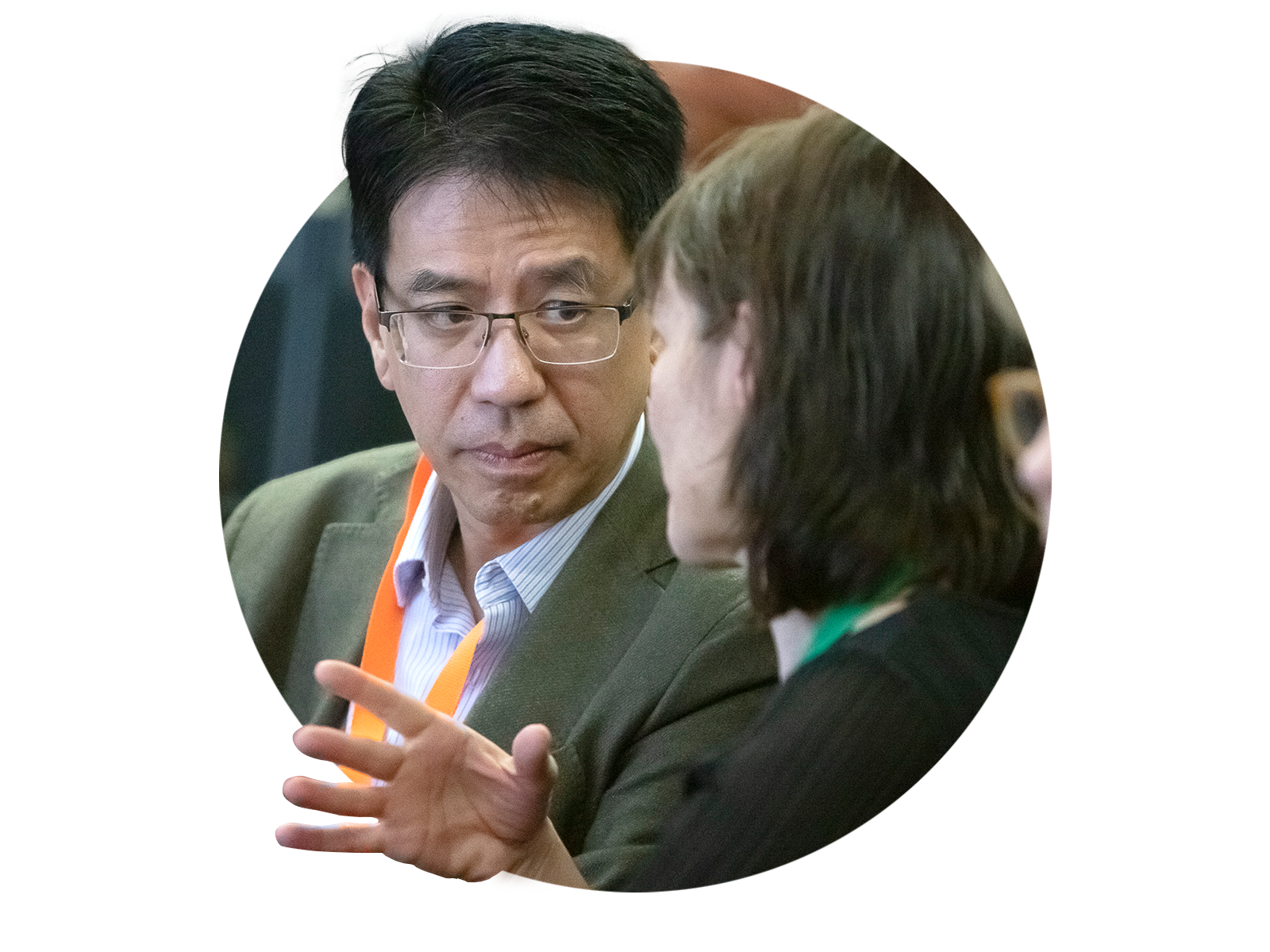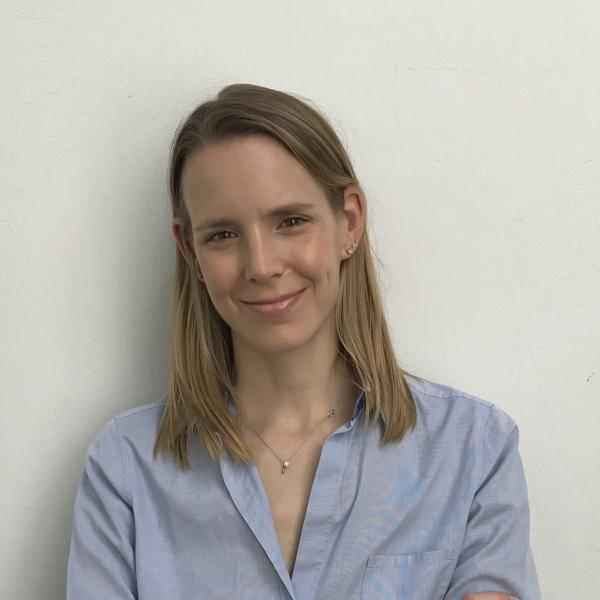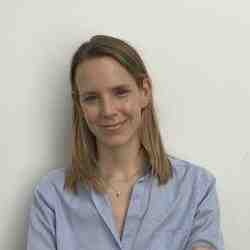
Funding Systems Change
Systemic challenges require systemic answers, but the current dominant funding practices and mindsets are ill-suited to support them. Hand-in-hand with the social sector funding community – including philanthropists, foundations, impact investors, corporate donors, government agencies, and multilateral organizations – Ashoka is creating the conditions for a new funding paradigm to come to life.
Shifting the funding paradigm
We aim to create a funding paradigm which fully embraces the complexity of the world we live in. That values trust over control, learning over evaluating, adapting over planning, and emergence over predictability. That cherishes indirect impact. That acknowledges that deep transformations take time. That seeks transformational over transactional relationships. That makes big bets. That praises collaboration over heroic interventions. That makes wellbeing and mental health of proximate leaders a top priority. That has the courage to face its own shadows. That gives back power to the communities it seeks to serve. That radically mirrors the diverse, equitable and inclusive world it claims it wants to create. That gives all of us a chance, and especially those among us who are most affected by dysfunctioning systems, to become changemakers.
Ultimately, we’re on a journey to catalyze a deep cultural shift in the funding ecosystem. We envision a world in which funders mindsets and practices both model and enable systemic approaches to change that empower everyone as a changemaker.
Relevant Resources
Are you a systemic funder? Take the test!
Funders are confronted with an urgent need to find and support transformative solutions to the world's most pressing problems. However, much of the philanthropic field is currently calibrated for treating symptoms rather than changing the conditions that hold societal problems in place. Though it is important to reduce immediate suffering (e.g. building & equipping homeless shelters), philanthropists must also prioritize addressing root conditions (e.g. changing housing-related norms and policies). This requires a different mindset and practice of funding. So, how can the philanthropic field re-calibrate?
This question is being asked by many in the field and, fortunately, the key principles and practices are already known. To embrace these, each institution must go on its own unique journey. We invite you to use this self-assessment to discover where your institution is on this journey and to travel even further.
To get started, please click the link below
Take the Self-Assessment
Don’t know where to start? We’ve got your back.
Over the past few years, we’ve collected incredible insights from our community and gathered them into these 6 reports. Your night table will not be empty much longer!
Agree with us? Share the word!
We are Catalyst 2030 members and allies who are working to make the world a better and fairer place for everyone. We are calling on donors and funders to remodel their traditional practices to more effectively support grassroots organisations and sustainable social impact. We have co-written a letter that highlights the changes we are calling for. We invite all organisations working to improve the quality of people’s lives to sign it and join us in our open call to donors and funders.
Looking for concrete tools? Here they are
The Funding Mechanisms Spiderweb is a visual exercise which helps foundations reflect on their funding mechanisms across 12 different dimensions of the funding cycle. Its main purpose is to make funders more aware of the choices behind existing or potential funding mechanisms, so they can better understand the implications of those choices, and support the exploration of new ideas by broadening the spectrum of options.
The Systemic Mindset: 17 Guiding Questions for Funders is intended to help in the review of strategies and working methods of foundations already working on systemic impact. The questionnaire can be used when launching a strategic process or as a self-assessment exercise, at either the level of the foundation as a whole or of one of its programs. It is split into four categories that reflect different aspects of foundations’ work: vision and impact, partnerships and feedback, roles and positionality, and assessment and learning. It is available in English, German and French.
17 Guiding Questions for Funders
The Funding Systems Change Glossary is a foundational resource which provides definitions and examples of some of the key concepts of funding systems change and in the philanthropic sector.
Deep dive and how to join
You want to contribute shifting the funding paradigm with us? Let us know. There are plenty of ways to get engaged in and/or support our current initiatives, whether anchored locally (like in Germany, France or Poland) or across geographies. And we’ll be happy to co-design new collaborations with you, too!
Meet the Initiative Lead

Ana Dubois
Ana is the Ashoka Support Network (ASN) Lead in Spain and is the Co-Lead of Global ASN. From her work with the ASN, Ana seeks alliances that maximize the impact of Ashoka and Ashoka Fellows. At the age of 21, Ana co-founded a professional network focused on providing visibility and development tools to young people. Interested in Talent and Entrepreneurship, she later worked at Russell Reynolds, the world leader in headhunting, and later in the investment team of Samaipata Ventures, a venture capital fund. Her drive to work in the social sector led her to lead the José Entrecanales Ibarra Foundation for several years, an institution focused on Education and high impact and commitment to Development Cooperation.
Ana holds a degree in Business Administration from CUNEF (Madrid, Spain) and National Chengchi University (Taipei, Taiwan).Ana enjoys looking for common areas to create opportunities that draw an optimistic future, filled with great innovations yet also genuinely human and responsible.
